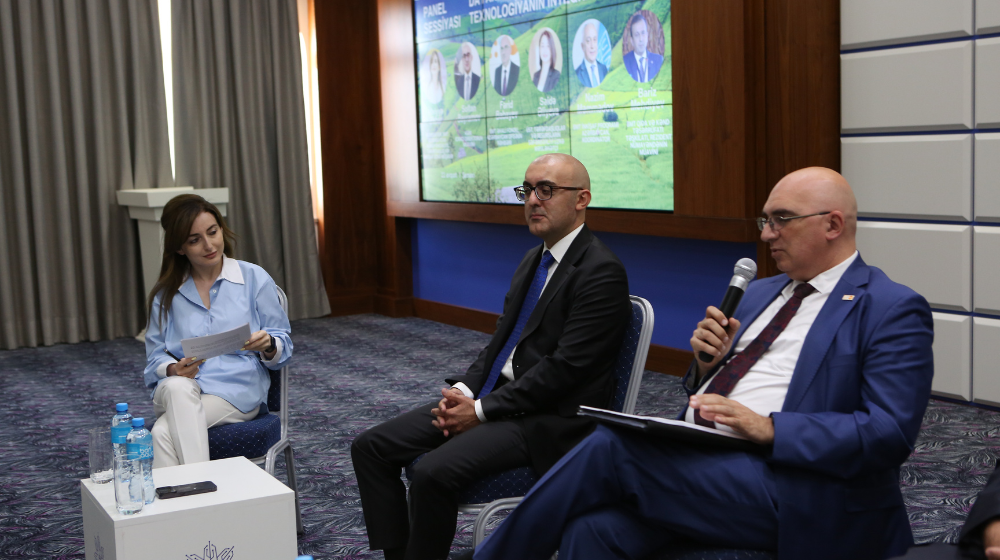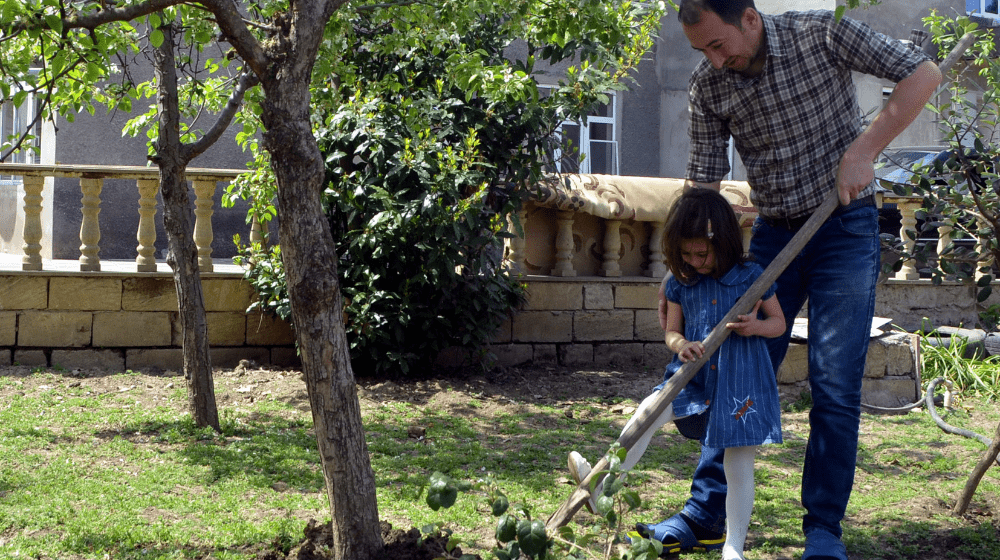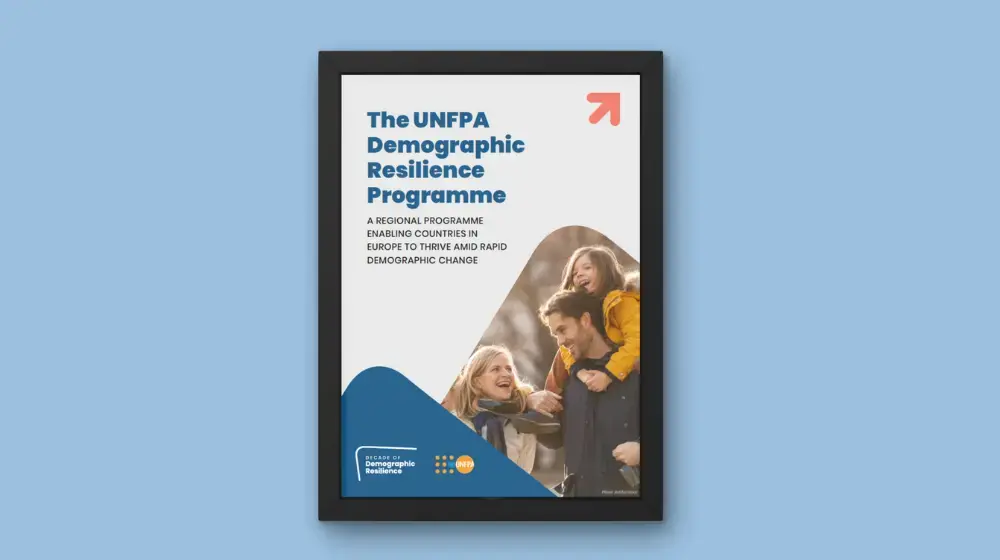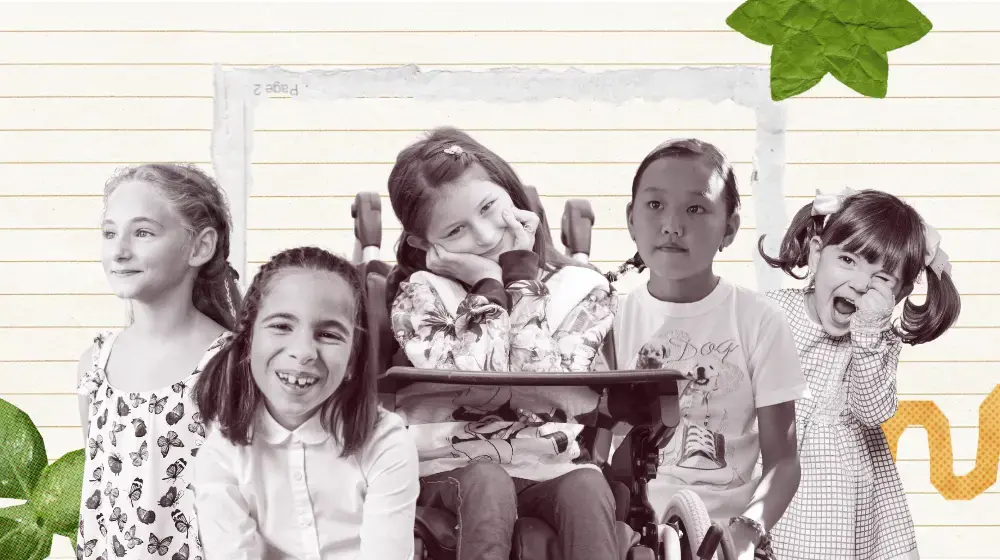SHAMAKHI, Azerbaijan – "Climate change is not just about rising temperatures and melting glaciers; it is about people – how these changes shape our communities, our populations and our future.” That was the message of Farid Babayev, the head of office for UNFPA in Azerbaijan, as he led a gathering of experts in the eastern Shamakhi region to explore the role of demographics and technology in the fight against climate change.
Azerbaijan is preparing to host COP29 – the United Nations’ annual flagship climate conference – in its capital, Baku, from 11 to 22 November. UNFPA has been at the forefront of research and advocacy, emphasizing how climate change is linked to population dynamics, gender equality and sexual and reproductive health and rights. Women, girls and marginalized groups who are largely dependent on natural resources for their livelihoods are among the hardest hit by extreme weather patterns. However, according to a 2023 UNFPA report, fewer than one-third of countries integrate sexual and reproductive health and rights of women and girls in their national climate plans.

Mr. Babayev said that technological advancements could be leveraged to better understand and address the impacts of climate change. In particular, he noted the advent of the Fourth Industrial Revolution, which refers to a new phase of technological development that increasingly relies on automation and smart machines. For example, artificial intelligence (AI) can improve the accuracy of early warning systems for climate-related disasters like floods, droughts and storms, which will enhance the ability of communities to prepare and protect their most vulnerable groups. Other technologies like telemedicine, virtual consultations and mobile apps can ensure women and girls continue to have access to essential sexual and reproductive services even if normal health systems are disrupted by extreme climate conditions.
Meanwhile, using AI, geographic information systems and big data can reveal links between the environment and population trends, like ageing, migration and urbanization. “The Fourth Industrial Revolution offers powerful tools to predict, analyze and respond to the demographic shifts caused by climate change," Mr. Babayev said. “Fourth Industrial Revolution technologies can help us create more resilient communities by enhancing our ability to forecast demographic changes and plan accordingly, which is crucial for effective climate adaptation."
Discussions on how technological innovations can address environmental and demographic challenges are becoming more critical as COP29 approaches. The conference will serve as a global platform to advance climate action. The integration of technologies with demographic insights promises to offer new pathways for sustainable development and tackling the multifaceted threat of climate change.
UNFPA is working with governments and other partners to support adaptation responses to climate change that put women and girls, young people and other marginalized population groups at the centre of these efforts.





